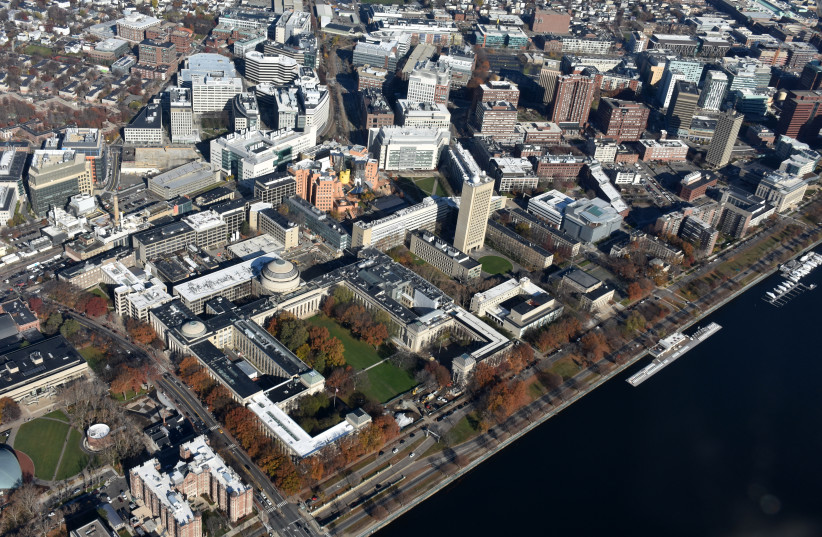Researchers from the Massachusetts Institute of Technology (MIT) have developed a new algorithm that can help stabilize planes in low altitudes.
The research, which has not yet been submitted for peer review, was released in early June and tackles previous problems with stabilization in robotic systems.
Traditional methods of stabilization are often designed to solve specific issues rather than general stabilization issues. They also do not scale well when dealing with dynamic, nonlinear, and highly dimensional paths.
One practical application of this research is in plane autopilots, specifically jet planes.
The researchers chose to model an F-16 in a near-crash situation, in which the plane would have to avoid a ground collision while maintaining a low altitude and staying inside a narrow flight corridor.

The researchers found that their method yielded better stability during training and avoided instabilities caused by attempting to find the saddle point, which is where the plane is balanced between all angles.
The simulation showed that their approach consistently yielded results that matched or exceeded the safety of current methods while providing ten-fold increases in stability performance.
The utilization of AI in the initiative
Using artificial intelligence, the researchers were able to create two algorithms that can keep a plane more stable and safer than traditional algorithms.
The research currently only allows for the algorithm to solve simple flight challenges, and more complex maneuvers are still not possible.
Researchers believe that this is only the starting point and that with more research, more complex algorithms better suited to handling complex scenarios could be developed. However, they also say that it could be implemented as part of a larger system, wherein this algorithm could be used to stabilize the plane during extreme situations where humans would be too slow to act.
